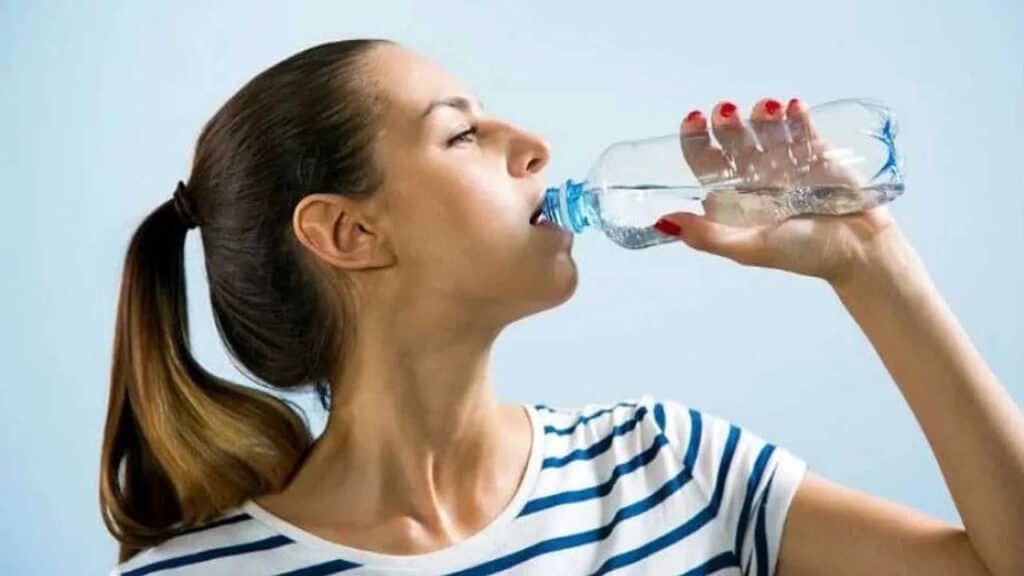1. You’ve probably heard the statistic that the human body is more than 60% water. If you want to keep your body working properly, you need to keep it properly hydrated. It’s vital to pretty much every part of how you function.
2. This doesn’t just mean drinking water. Tea, coffee, milk, and fruit juice are all ways to top up your fluid levels. You even get some hydration from food, including fresh fruit, soup and other dishes high in liquid.
3. The big exception to drinking to increase fluid levels is alcohol. Alcohol has a dehydrating effect and should be avoided. Sea water is also bad for dehydration as the kidneys will have to work overtime to remove the excess salt.
4. You also need to balance your choice of hydration with other considerations. Fruit juice has more vitamins than water, but it is also high in sugar, which can damage your teeth. Using a straw can help negate some of this, but you should still limit your overall intake.
5. You also need to be aware of when you’re at higher risk of dehydration. That includes on hot days, when you’ve been working out and sweating, or when you’re ill. These are times when you need to take extra care to drink regularly.
6. There are also particular symptoms of dehydration to look out for. A key sign is when your urine is a particularly dark color. It may also smell. Other symptoms, other than the obvious thirstiness, include headaches, dizziness, tiredness and trouble focusing.
7. These are just the early warning signs. More severe symptoms may indicate you are approaching a medical emergency. When the lethargy and confusion are particularly bad, if your pulse is affected, or if you start having seizures, that’s the time to seek immediate medical attention.
8. Dizziness and confusion can cause falls, leading to head injuries and other serious damage. You may develop an infection. Dehydration can cause a variety of problems, and it’s not all about the obvious side effects.
9. It doesn’t take much to cause the milder symptoms of dehydration, like headaches. It’s best to keep a bottle of water nearby when you can.
10. Don’t overdo it. Too much water can lead to water intoxication, which can cause seizures and comas and can even be fatal.




